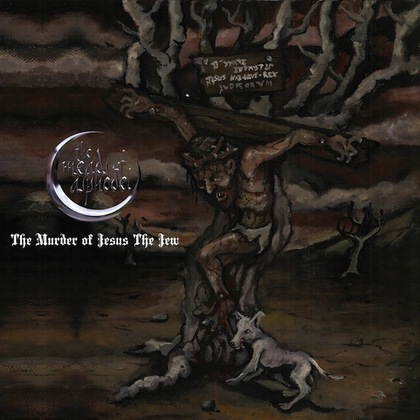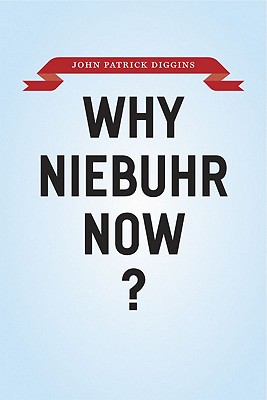On Slate’s Double XX blog, Rebecca Watson yesterday put up a deeply depressing post about the sexism she’s faced in the skepticism/atheism community. At a skepticism conference some guy had asked her in an elevator to come back to his room for “coffee”. She later mentioned offhand in a public address that skeevy sexual pick-up lines are not necessarily best-practice for men who want to not be assholes. She was then, inevitably, deluged with hate mail from men telling her she was a bitch and that they didn’t need to be lectured about sexism by no bitch, duh, ’cause we’re smart and skeptical, yeah? (And if you think I’m being unfair to her interlocutors, just read the comments on her post.)
Anyway, Richard Dawkins weighed in with a post on a blog about the controversy. As you’d expect, he was thoughtful, even-handed, and eminently rational.
Dear Muslima
Stop whining, will you. Yes, yes, I know you had your genitals mutilated with a razor blade, and … yawn … don’t tell me yet again, I know you aren’t allowed to drive a car, and you can’t leave the house without a male relative, and your husband is allowed to beat you, and you’ll be stoned to death if you commit adultery. But stop whining, will you. Think of the suffering your poor American sisters have to put up with.
Only this week I heard of one, she calls herself Skep”chick”, and do you know what happened to her? A man in a hotel elevator invited her back to his room for coffee. I am not exaggerating. He really did. He invited her back to his room for coffee. Of course she said no, and of course he didn’t lay a finger on her, but even so …
And you, Muslima, think you have misogyny to complain about! For goodness sake grow up, or at least grow a thicker skin.
Richard
So Richard Dawkins is a giant flaming asshole. No one is especially surprised, I’d guess.
But what’s interesting I think is the way his assholish-ness is framed. Specifically, his misogyny — his sneering at women for acting as if harassment matters — is framed through and by his explicit antipathy towards the Muslim world. Violence against women abroad doesn’t raise his consciousness about violence against women at home. Rather, misogyny abroad (the fault of some other culture) becomes an excuse to dismiss misogyny at home (which may be less virulent, but is certainly something that is more his responsibility.)
Dawkins’ knee-jerk rhetorical recourse to the evil of Muslims to wipe clean his own sins reminded me again of the main reason that the new atheists creep me out. That reason being that the new atheism is an imperialist ideology. It’s marinated in US-Islam tension, weaponized by 9/11, and generally used as a justification for variously sneering at, bombing, and conquering peoples who it is convenient for us to view as irrational barbarians.
Dawkins’ comment also shows, with unusual clarity, why imperial adventures abroad are horrible for civil liberties at home. In an imperial power, the evil of your enemies is always infinitely more important than the evil at home. The injustice committed by those benighted religious backwards subhumans always trumps any possible injustice committed by you or me. Moral outrage is kept safely for the other, the opposition to whom guarantees one’s own immaculate virtue. Anyone who disagrees is a pampered whiner, who doesn’t realize how good (s)he has it. After all, are our rational bombs not the scourge of evil bearded menfolk everywhere? (And perhaps of the occasional woman in hijab as well, who is probably better off dead anyway?)
Of course, it’s not just atheists who are imperialists or anything. The Christian right, not to mention the Jewish right, have thrown their all behind our ongoing crusade of blood and self-righteousness. Dawkins likes to think those believing blowhards are his enemies – but his oleaginous condescension and brazen hypocrisy tells a different story. A bully who hits you on the orders of the hairy thunderer isn’t much different, after all, from a bully who hits you at the dictates of his own immaculate reason.



